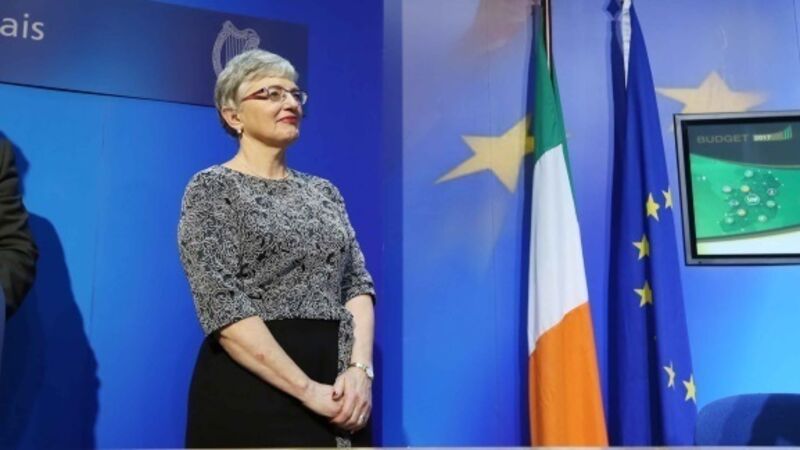An historic new era of affordable and universal childcare is born

WAS dismissive of the budget last week, with its fiver here and fiver there. It was a non-event, a lost opportunity. But in one way it may come to be seen as historic.
We’ve had famous — and infamous — budgets, and landmarks made before budget day, like the announcement of free second-level education by Donogh O’Malley. There have been memorable budgetary moments, like the introduction of free travel by Charles Haughey, and the introduction of payments for lone parents by Frank Cluskey. Both have stood the test of time. They aren’t just lasting monuments to the politicians that devised them, but have underpinned a deep and lasting cultural and social change.















